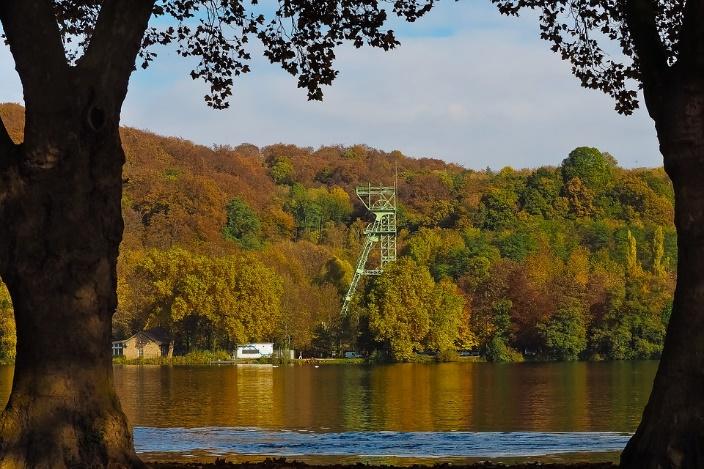Subsurface property is a term used to describe anything that lies beneath the surface or the ground. Although, similar to property rights, most people consider whatever lies above and beneath their property as their own but this circumstance is hardly ever accurate.
Property ownership in Canada is quite different from other democracies like USA and Australia. The term property in Canada necessarily doesn’t imply ownership. According to the Constitution Act, 1867, the Government of Canada holds definitive authority in terms of proprietorship and distribution of property. Each unit of privately owned property is considered as a grant from the Crown.
Therefore, it’s imperative for every Canadian citizen to be aware of the meaning of subsurface property and the rights and liabilities associated with it:
Definition of Subsurface Rights
Subsurface property rights infer the right of any individual who owns a property, to utilize, settle or sell the pore space beneath his/her property as they see fit without any interference from the authorities or other private entities. The term pore space as defined by the Carbon Capture and Storage (CCS) Legislation means, ‘the pores contained in, occupied by or formerly occupied by minerals or water below the surface of the land.’
Subsurface Rights and the Common Law
Under the common law, ownership of subsurface property barring precious metals such as gold and silver belonged to individuals who owned the property. But, with the advancement of technology, as new resources and minerals were discovered, the proprietorship of pore space was relegated to the Crown.
Today, the Government of Canada, reserves the right to ownership and usage of any pore space in the country. Since these legislations keep updating with the discovery of resources and minerals beneath the ground, Common Law can help individuals determine their ownership in cases which do not have any definite statute in place.
Legislations Regarding Subsurface Rights
Canadian Charter of Rights and Freedoms is a declaration that determines the fundamental rights and liberties of the citizens of Canada. Under the Charter, every individual has the right to lead a safe and secure life. But, the Charter does not protect the right to subsurface property and reserves the federal, territorial and provincial governments’ authority over the ownership of that land.
Surface Rights Act is the law responsible for determining the rights of property owners for the region of Alberta. This legislation reserves the surface property owner’s right to give consent to the holders of the pore space, so that they can proceed with their operations beneath the surface. In case, the holder cannot reach a negotiation with the property owner, they can apply to the Surface Rights Board to determine a suitable negotiation.
While the government retains their ownership over all the subsurface property in the province, it cannot expropriate the surface property without explicit conditions. It also reserves the right to ownership and usage of coalbed methane and natural gas with the surface owner of the land.
The region of Alberta is rich in subsurface assets such as minerals and fossil fuels. Therefore, legal issues regarding the subsurface rights of the owner can be unwieldy and perplexing. In the case of any dispute regarding your surface rights, consult an expert property lawyer to help you resolve the conflict.

